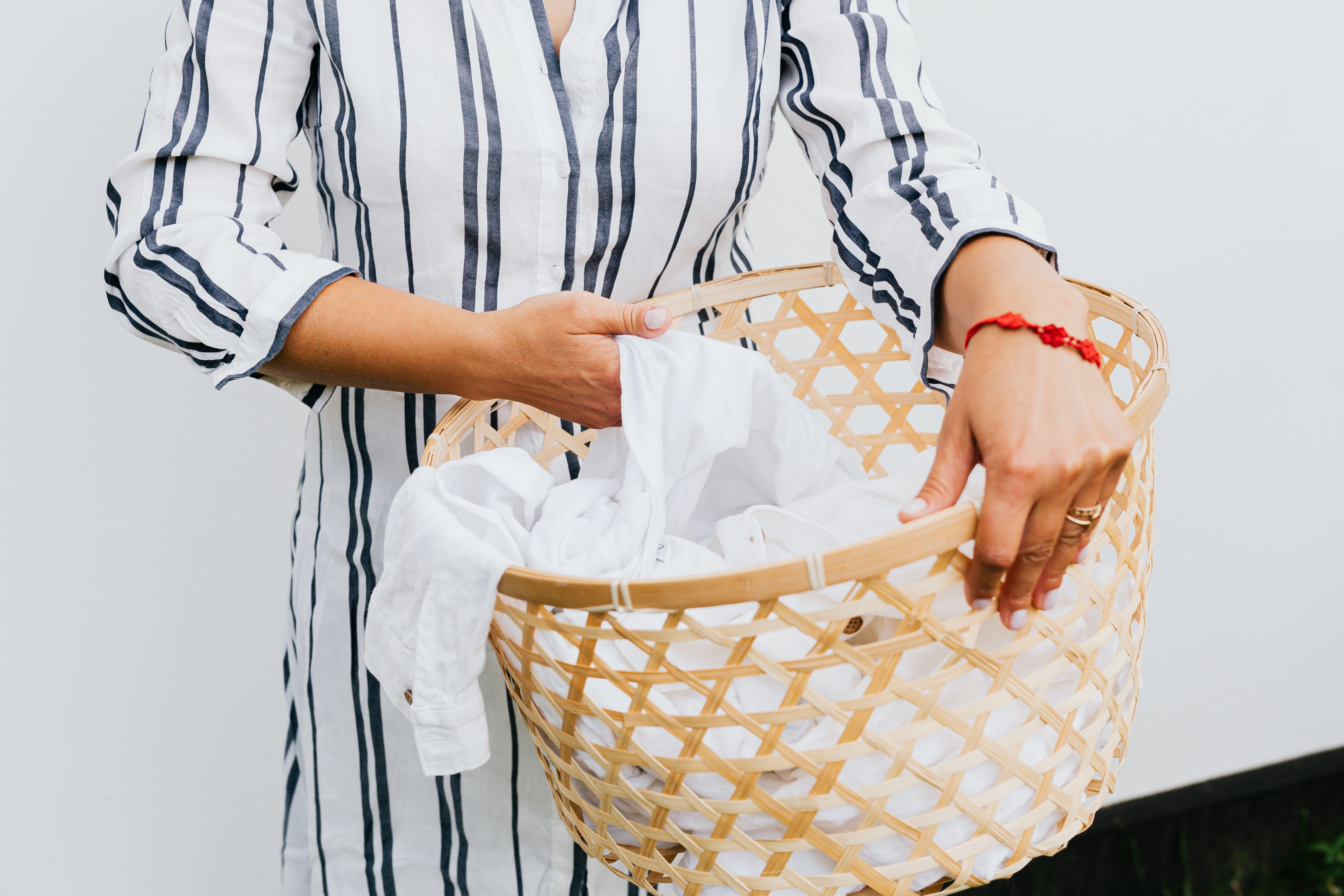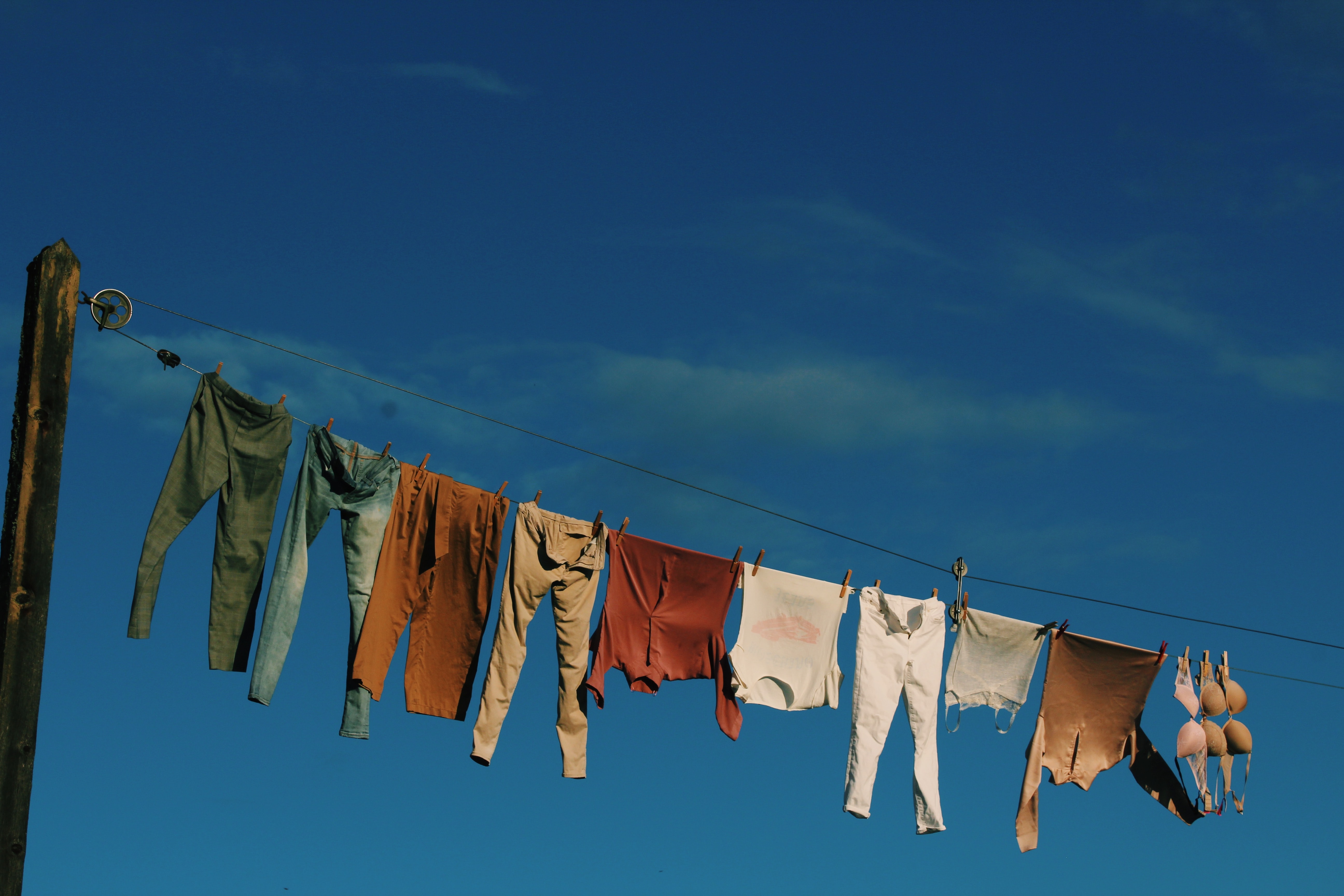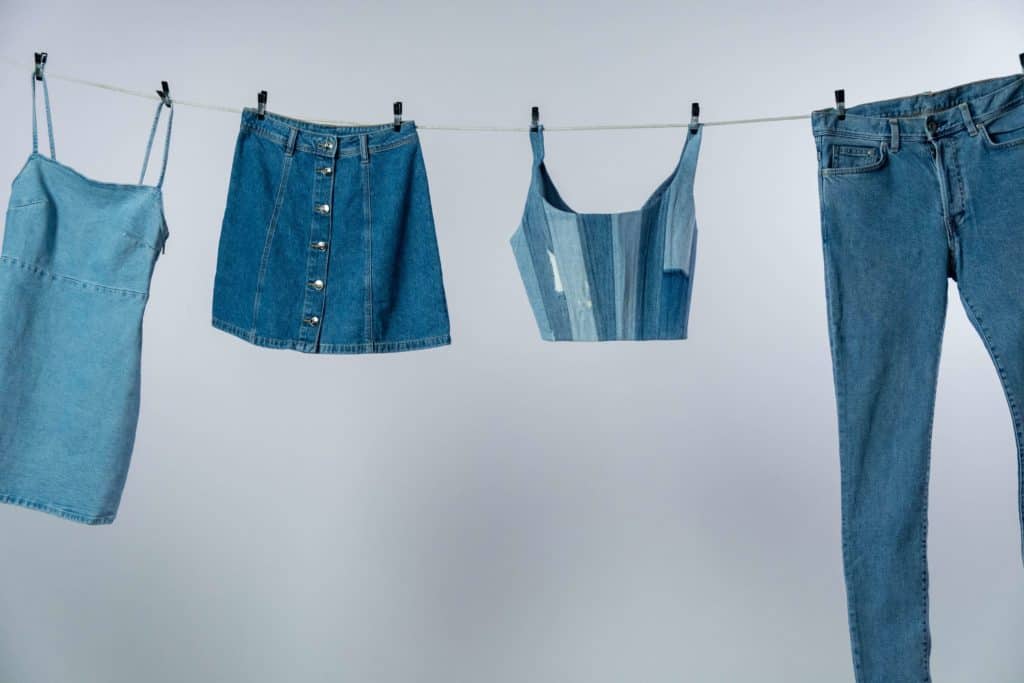First published: 13 February 2022 @ 6:00 pm
Many people are confused as to whether bleach can be used in the laundry. Some are also worried about the safety of using it. Instead, you can use white vinegar as an alternative.
It is a good idea to know how to get rid of mold and mildew from your clothes and linens. You should also be able to remove some stains from your clothing.
However, it is important to take caution when using bleaching solvents on your clothing. This can have a negative impact on the fabric.
Why Substitute Bleach with White Vinegar?

Bleach is a widely used household product. It has been used for decades and is still widely used today.
However, bleach is a powerful substance that can have a negative impact on your clothes.
You should practice caution when using bleach in your laundry. It could weaken your clothing and make it prone to breaking or fraying when it is washed again.
It can also discolor your clothing, which will cause it to become brittle and weaker when it is washed again.
Bleach should only be used for whitening purposes and for cleaning hard surfaces such as white walls and sinks. You should also make sure that you are using a non-chlorine bleach.
Additionally, bleach can be harmful to your health if you use it in excessive amounts. Some people are allergic to bleach, while others have experienced negative side effects from using it.
White vinegar can help you reduce the amount of bleach you use and avoid negative side effects that come with using bleach.
Vinegar is an acidic substance that is made from the alcoholic fermentation of the juice of fruits, grapes, and other plant-based materials.
It has been used for centuries as a food preservative. It is also used as a fabric softener, stain remover, disinfectant, cleaner, and to clean many other household items.
White vinegar has an ingredient known as acetic acid, which can kill viruses and bacteria. So, they can be easily washed away during the cleaning cycle.
The Effectiveness of Vinegar on Fabric
White vinegar has a number of different uses in the home. This includes using it as a replacement of bleach for their laundry.
Vinegar is very effective at removing stains from fabrics. Because it is an acid, it will remove stains by breaking down the chemical bonds between the stain and the fabric fibers.
The broken down chemical bonds will leave behind a small amount of residual stain. This can be removed by using another cleaner or washing machine setting. For example, by adjusting the water levels in your washing machine drum (water levels).
However, there are people who believe that using white vinegar instead of bleach in their laundry is not effective.
This can be due to the fact that white vinegar does not work on all types of stains. It might, however, work on most stains with minimal damage to the fabric.
Additionally, washing your laundry with vinegar will leave your clothes odorless, and they won’t smell like vinegar.
It is a natural product and does not contain any harmful chemicals or dyes. It is also eco-friendly to our environment.
White vinegar doesn’t usually stain clothes, but it is acidic. So, you shouldn’t pour it directly onto clothing without first diluting it. Here’s how to use diluted vinegar for your laundry.
How to use White Vinegar on Fabric

There are a number of different ways that you can use white vinegar in your dirty laundry as a safe bleach alternative.
Some of these methods include soaking fabrics in a mixture of water and white vinegar, adding vinegar directly to the clean washer drum and running a regular cycle, or using a vinegar-based fabric softener.
1. Vinegar and Detergent
One of the easiest ways is to simply add a cup of white vinegar to your laundry load. Then, add the washing machine detergent in the usual manner.
You can also use white vinegar is by adding 1 cup of white vinegar solution to the rinsing cycle of your washing machine.
You will want to make sure that you do not fill your washer tub with water more than 2/3 full. This could cause some damage to your washer.
For those who have a top-loading washer, you can add 4 cups of white vinegar to the wash cycle.
2. Vinegar with Warm Water
If your clothes need a bit more attention, soak them for a few hours in a basin full of warm water. Add one cup of white vinegar, then let them soak overnight.
Finally, rinse them off in cold water and let them air dry.
3. Vinegar with Cold Water
It is safe to wash your laundry in cold water whenever possible to further prevent the fading of your clothes. You can use cold water and vinegar to help with fading. Simply add 1/2 cup of vinegar to the load of laundry.
4. Reduce Soap Scum
Additionally, soap build up or soap scum can build up in the hoses of your washer, restricting water flow and performance.
To remove soapy build up on clothing, soak your clothes in a solution of 1 cup of vinegar to 1 gallon of water before washing them in the washer.
Final Thoughts
There are some people that are not brave enough to put white vinegar in their laundry, even though it is a non-toxic product, a natural bleach and eco-friendly for the environment.
White vinegar is a safe natural cleaning product that can cut through regular detergent residue. It is also effective against soap residue or soap scum.
It is resistant against build up, hard water stains, yellowed fabrics, touch stains and even grease.
So, yes, you can use white vinegar for your laundry. If your laundry has a problem with yellowing or fading, then white vinegar is the answer.
Smelly clothes can also be fixed by vinegar. It acts as a natural fabric softener and leaves no residue on laundry.
Some people are particularly sensitive to certain detergents, which can irritate the skin and cause an allergic rash.
Natural products such as lemons and white vinegar are safe enough to use for washing clothes on a daily basis. So, it is undeniably a safe bleach alternative.
HandyWork is a huge database of home service providers. You can also get laundry tips using natural products and many other useful information on HandyWork Blog; explore now!

